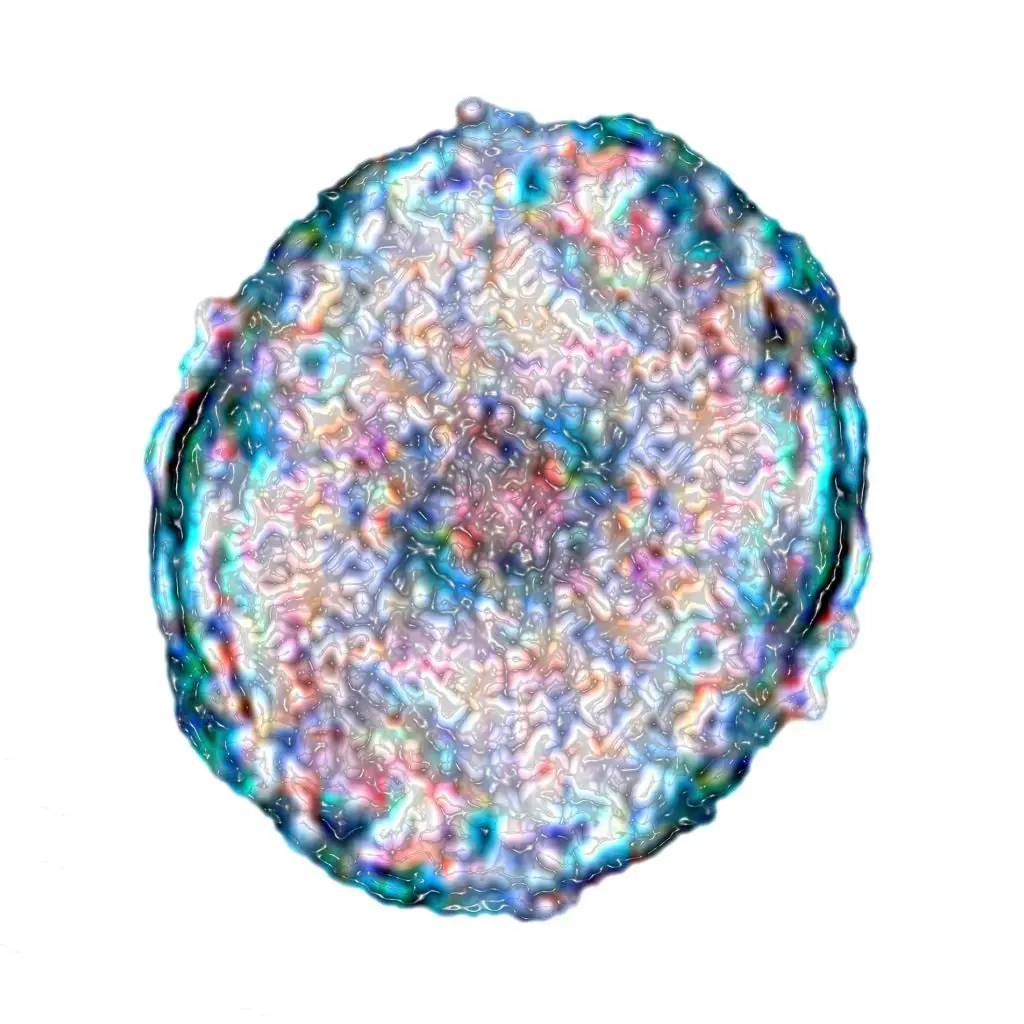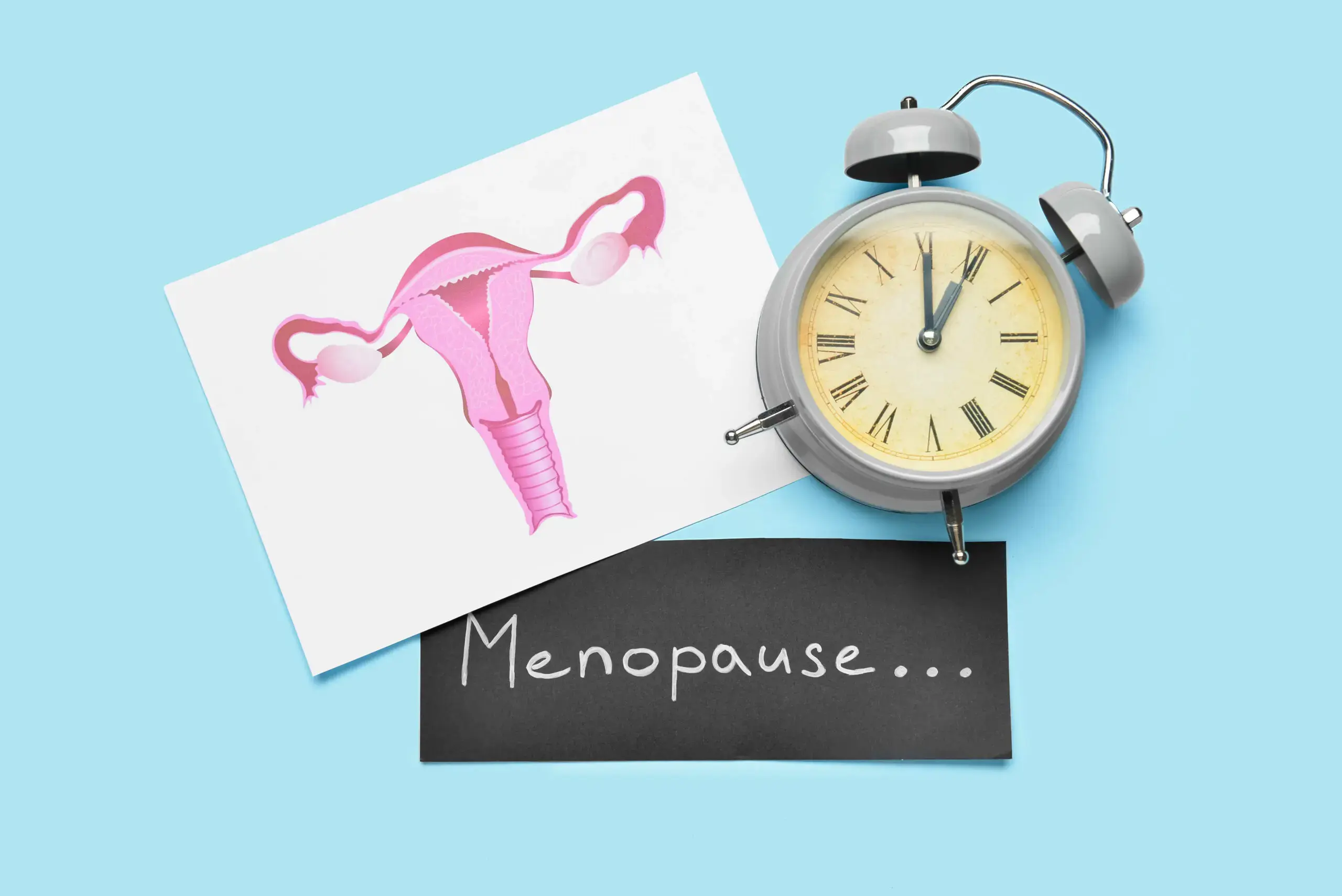Other Treatment Methods
- Adrenal hyperplasia
- Gestational diabetes
- Growth disorders in children
- Hashimoto's thyroiditis
- Hormone deficiency
- Hormone-producing tumors
- Hyperthyroidism
- Hypofunction of the adrenal cortex
- Hypothyroidism
- MODY (Maturity Onset Diabetes of the Young)
- Obesity
- Osteoporosis
- Overactivity of the adrenal cortex
- Sex hormones
- Type 1 diabetes
- Type 2 diabetes

© Freepik
Hyperthyroidism
In hyperthyroidism, too many thyroid hormones are produced, leading to an acceleration of metabolism. Common causes include Graves' disease, an autoimmune disorder with stimulating antibodies against the thyroid gland, as well as so-called autonomous adenomas or "hot nodules," which produce hormones independent of the body's control. Classic symptoms include, among others, nervousness, insomnia, excessive sweating, a rapid heartbeat or palpitations, weight loss despite normal appetite or heat intolerance. In Graves' disease, a so-called endocrine orbitopathy with bulging, inflamed eyes may also occur.
Diagnosis and treatment of hyperthyroidism
For diagnosis – similar to hypothyroidism – the hormone levels TSH, fT3, and fT4 are determined in the blood. A very low TSH level with elevated thyroid hormones indicates hyperthyroidism. A thyroid ultrasound can additionally show changes in the tissue, and scintigraphy helps distinguish between "hot" and "cold" nodules.
The treatment of hyperfunction is then based on the cause: In Graves' disease, initial treatment is usually with medication called antithyroid drugs that suppress hormone production. If the disease persists or relapses occur, definitive treatment with radioiodine therapy or surgical removal of the thyroid gland may be necessary. In the case of autonomous nodules, radioiodine therapy or surgery is often indicated directly.
In both hypothyroidism and hyperthyroidism, regular monitoring of hormone levels and close supervision are important to optimally adjust therapy and avoid long-term complications.








